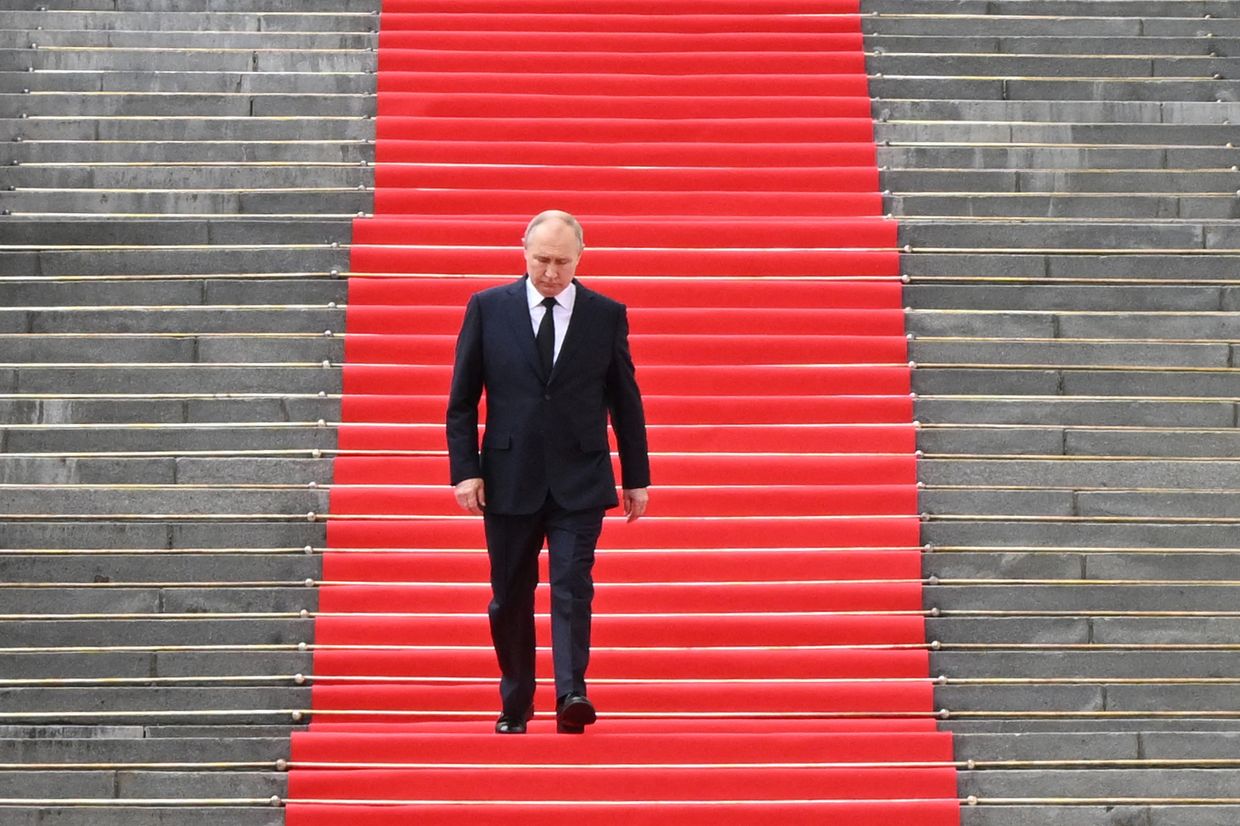EU fails to approve 15th sanctions package against Russia, Reuters reports

The European Union has failed to approve its 15th sanctions package on Russia, which included an extension for Czechia to import Russian oil products through Slovakia, Reuters reported on Dec. 6, citing unnamed diplomatic sources.
The EU banned most oil imports from Russia following the full-scale invasion of Ukraine in 2022. However, Czechia, Slovakia, and Hungary received exemptions due to their limited access to alternative supplies.
Two EU member states blocked the sanctions package over disagreements about extending deadlines for European companies to withdraw investments from Russia, Reuters reported. Member states will revisit the sanctions "later," according to the news agency.
The proposed package targets Russia's "shadow fleet," a group of older, often uninsured tankers used to transport Russian oil and circumvent international sanctions. These sanctions would include restrictions on the fleet's operations.
Discussions also addressed extending the EU exemption that allows Czechia to import diesel and other products refined from Russian oil in Slovakia. The exemption expired on Dec. 5.
Slovakia's Slovnaft refinery, owned by Hungary’s MOL group, is a major exporter of diesel refined from Russian oil to Czechia. While Slovakia pushed to extend the agreement, Czechia expressed no intent to continue importing Russian oil products, though officials said a six-month extension might be acceptable.
The shadow fleet has enabled Russia to evade Western efforts to limit its oil revenues, including the $60-per-barrel price cap imposed by the G7 in late 2022. This cap aimed to restrict funding for Russia’s war in Ukraine but has faced challenges in enforcement.
According to an October report by the Kyiv School of Economics Institute, Russia has invested $10 billion in expanding its shadow fleet since the price cap was introduced.
If the EU approves the sanctions package by the end of the year, it could align implementation with the symbolic date of Feb. 24, 2025, marking three years since Russia launched its full-scale invasion of Ukraine.














